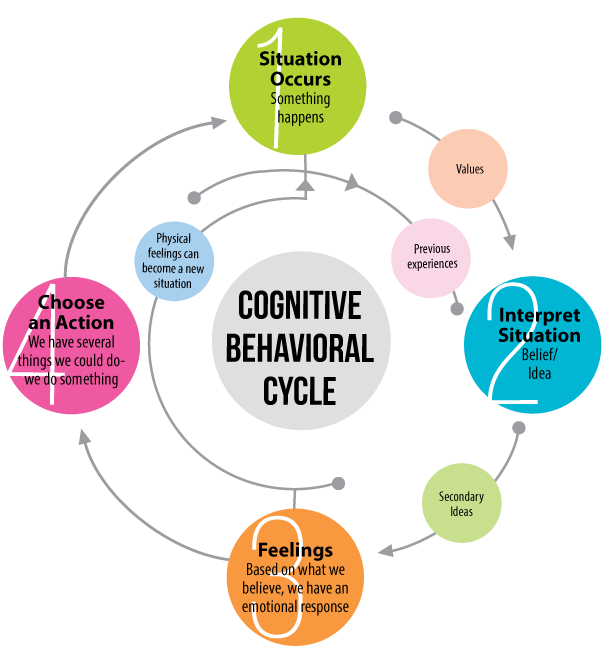

About Dr. Heather Hopper
Theory and Practice
There are three terms which best describe my theoretical perspective and how I work with clients:
First and foremost, I hope that my work with you is collaborative. You are more likely to make progress in therapy if you are invested in and agree with the treatment process.
Another is Cognitive-Behavioral Therapy. This term best describes where I begin thinking about working with clients.
The second term is Integrative. This term best describes my overarching way of looking at psychotherapy and psychology in general. Cognitive Therapy is all about looking at the same situation from different perspectives, and finding the one which works the best for your mental health. Integrative therapy is about considering different ways to uncover what some of the less helpful cognitions are, ways to describe them, and ways to find new experiences to see the world differently.
For more detail about Cognitive Behavioral Therapy, please keep reading:
 Cognitive-Behavioral Theory considers life as a cycle.
Cognitive-Behavioral Theory considers life as a cycle.
All of our previous experiences and how we’ve walked through the world help shape our worldview — family, society, biology, and our own personality styles.
When we walk into any situation, based on what’s going on at that time and what our previous experiences and worldview are, we have some idea, belief, or image that summarize the situation we’re now in.
Based on that belief or idea, we then have an emotional reaction – this happens very quickly – usually too quickly to really notice. Sometimes our emotions will also trigger some physical symptoms, which we also interpret the meaning of quickly.
Based on what we feel, we have a number of choices about what we might do in response to how we feel and we take some course of action (some choices are more active than others, but even doing nothing is a choice). Then we move on to our next situation.
In therapy, we will use a number of techniques to help you become more aware of how you are reacting in ways which impact your mood and decisions. We’ll help you better identify which of your automatic thoughts are objective and which are more subjective and open to interpretation. We’ll clarify your values & priorities to help you feel less ‘stuck.’ Then we’ll find ways to give you more helpful perspectives and experiences to build on.
